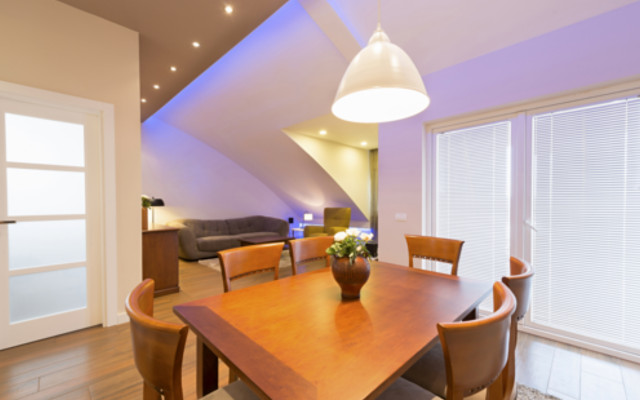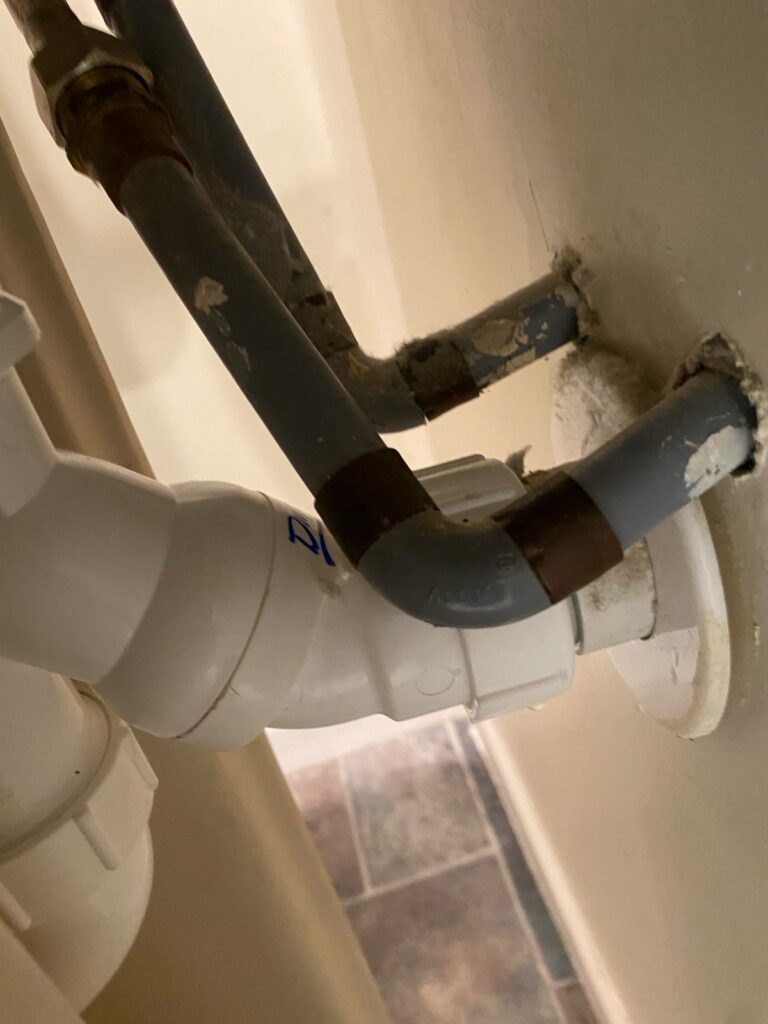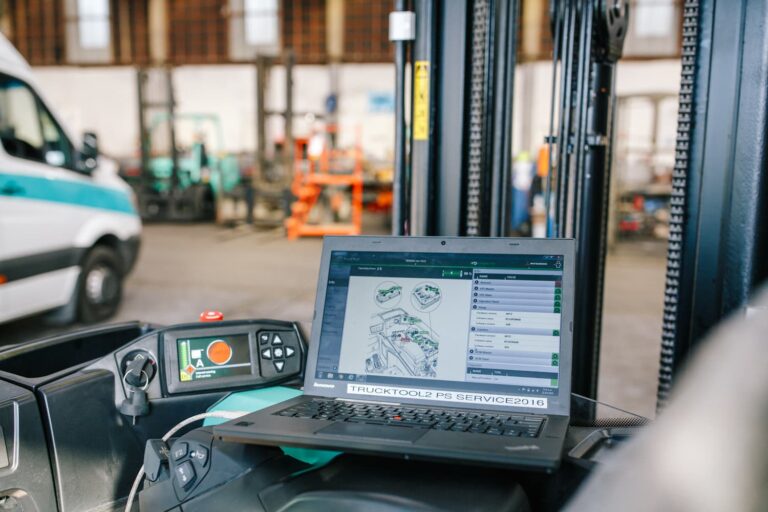If you live in one of the colder cities in NZ, you are likely to be paying a considerable amount of money on your electricity bills through the year. Wonder which appliances are costing you the most and how you can reduce electrical costs? You’d be surprised.
Electricity costs for household appliances and how to reduce costs for each appliance
Here is a breakdown of typical household appliances and what percentage of electricity you are using for each appliance, along with tips on how you can cut costs for every appliance.
Water heating
This may come as no surprise, but water heating appliances use the most amount of electricity in a household, precisely 27% of your electricity consumption.
Tips to reduce electricity costs for water heating
- Showers instead of baths – A warm bath is great but try and take showers instead of baths on a regular basis. Reserve those baths for the weekends or once in a while.
- Reduce shower time – Having shorter showers will cut down electricity costs. To take it a step further, you could turn off the shower while soaping or shampooing.
- Don’t let the water run – Be conscious of turning the tap off when brushing your teeth or washing your hands with soap. As an aside, did you know more and more tradies are seeking orthodontic treatment? You can read more here.
- Wash laundry with cold water – Try and do your laundry with cold water as much as you can.
- Install a timer – Get a timer that turns off your electric water heater when it is not in use.
- Lower the temperature on your water heater – For every 10ºF reduction in temperature, you can save from 3%–5% on your water heating costs.
- Run your dishwasher only when it is full. Try and do moderate time cycles and on eco-power mode.
Electronics and other electrical
Electronics such as your computers, laptops, television, etc take up 20% of your electricity consumption.
Tips to reduce electricity costs for electronics
- Use a monitor or television that has a higher star rating. The higher it is, the lesser you have to pay for your electricity.
- Don’t let your television or monitor run in the background when you are doing something else. Make sure to switch it off
- Adjust your computers energy settings – the higher the brightness and contrast, the more energy it consumes
- Unplug your computer when you are not using it.
- Use charges only when you need to charge an appliance.
Refrigeration
Keeping your food chilled and healthy comes at a cost. Your refrigerator uses up about 17% of your electrical costs.
Tips to reduce electricity costs for refrigeration
- Clean the condenser coils regularly, so it doesn’t form dust
- Adjust the fridge temperature to around 3° or 4° C and the freezer to about -15° to -18° C.
- Let your food cool before putting it into the refrigerator.
- Make sure the seals on the door are working properly, otherwise your refrigerator will be consuming more electricity.
Space heating
Keeping your house warm costs about 15% of your annual electricity costs. These are likely to go up or down depending on the season.
Tips to reduce electricity costs for heating
- Make sure your house is well insulated, so you don’t have to over-use your heater.
- Get a heat pump that suits your space requirements and has a good energy rating. You are likely to use your heat pump a lot in New Zealand weather conditions.
- Use the timer on your heat pump – so you are using it only as long as necessary and saving costs.
- Get a good electrician to install your heat pump.
Lighting
Lighting on average takes up about 13% of your average electricity consumption.
Tips to reduce lighting electricity costs
- Install occupancy detectors, so the lights go off when you leave a room and turn on when you enter a room.
- Switch to LED lighting. They cost much lesser than other lighting fixtures.
- Install dimmers if possible
- Be conscious – don’t turn on multiple lights in a room if you don’t need it. Make use of natural sunlight.
Cooking
Cooking doesn’t cost you much…with only 5% of your average electrical costs.
Tips to reduce cooking electricity costs
- Once your stove is hot enough, you can use it for 5-10 minutes extra from the residual heat. Turn it off before 10 minutes before finishing your cooking if possible.
Clothes Drying
This may come as a surprise but washing and drying your clothes only costs 3% of your total electrical costs.
Tips to reduce electricity costs for laundry
- Use the “economy” option on your washing machine.
- Try and do full loads instead of smaller loads everyday.
- Adjust the water level depending on the load.
- Make sure to spin your clothes in the washing machine before loading them into the dryer.
- Make use of the natural sun when you can to dry your clothes. Letting your clothes air out also makes them smell fresh.
- Clean the filter in your dryer regularly.
Source: https://www.ea.govt.nz/
Cutting down electricity costs can be hard, but with the right appliances and installation processes, you can save a considerable amount of money on your power costs.
To get professional advice on electricity consumption and how can reduce your power bill, consider speaking to an EcoSmart electrician and getting an EcoSmart Electrical Health check done.
EcoSmart electricians are trained specialist electricians who can provide advice and assistance on the best ways you can save power and reduce greenhouse gas emissions.
Get your business noticed by creating an online directory listing. Listings are FREE and you can create as many as you need.
- Get found by locals



